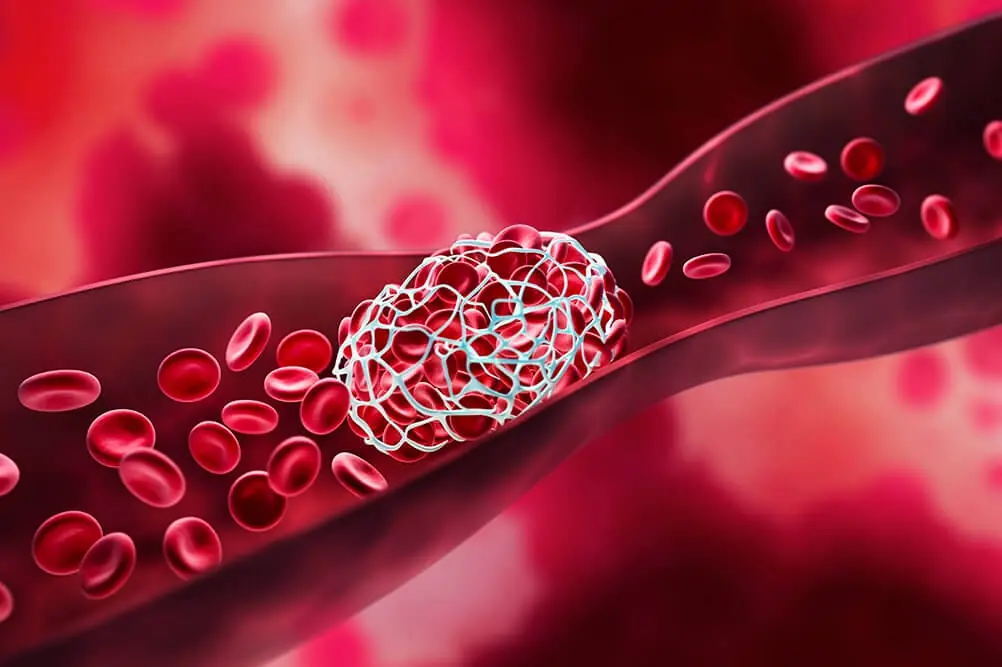
Hair Thinning? Try This Unique Combo to Support Hair Growth Naturally
Thinning hair can feel deeply discouraging, whether caused by stress, aging, hormonal changes, or other factors. You’re definitely not alone—according to the American Academy of Dermatology, over 50 million Americans experience some degree of hair loss. While there is no instant or magical cure, a surprising and scientifically supported combination of natural approaches may help you strengthen your hair and promote new growth. This article uncovers an effective, evidence-based duo—nutrition and scalp care—that could be the secret you’ve never tried before. Ready to give your hair a well-deserved boost? Let’s dive into how you can start nurturing your hair today and see lasting improvements!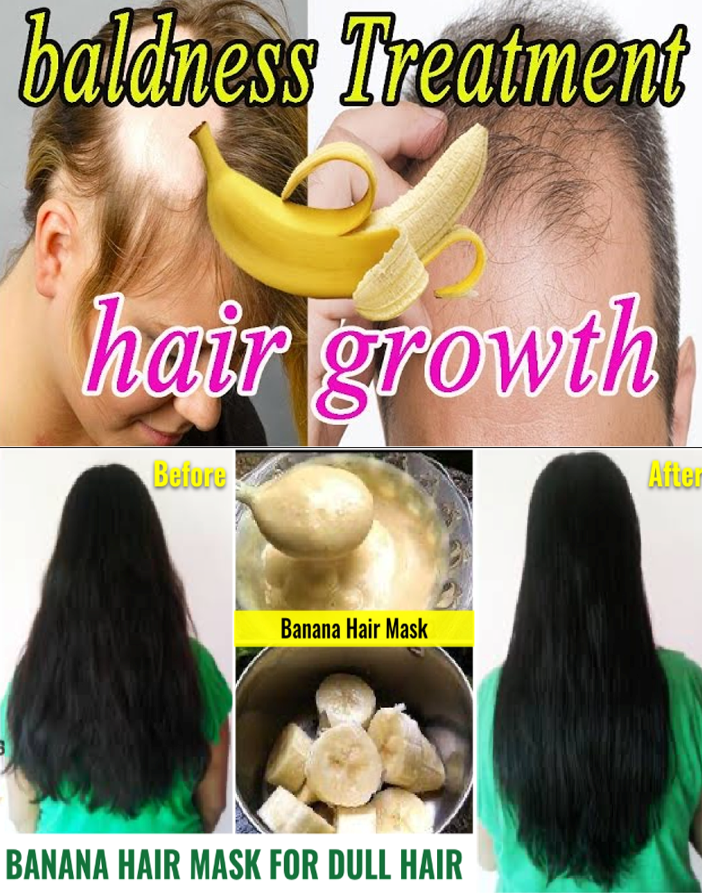
Understanding Hair Thinning: Causes and Control
Hair thinning occurs for many reasons, and understanding the root causes is the first step toward taking control. The Mayo Clinic explains that hair loss can result from genetics, hormonal shifts, stress, or nutritional deficiencies. While factors like genetics may be out of your hands, making lifestyle adjustments can have a positive impact on supporting healthier, fuller hair.
Common Causes of Hair Thinning Include:
-
Nutrient Deficiencies: Gaps in essential nutrients like iron, zinc, and biotin can weaken hair follicles, causing strands to fall out prematurely.
-
Stress: Prolonged high stress can push hair into a shedding phase, known as telogen effluvium.
-
Hormonal Changes: Life stages such as pregnancy, menopause, or thyroid imbalances may disrupt normal hair growth cycles.
-
Poor Scalp Health: Conditions like buildup, poor circulation, or irritation can damage follicles and hinder hair production.
By focusing on a unique combination—targeted nutrition alongside consistent scalp care—you can address several of these causes simultaneously and support your hair’s natural ability to grow thicker and stronger.
Strategy 1: Fuel Your Hair from Within with Essential Nutrients
What you consume plays a massive role in the health and strength of your hair. A 2019 study published in Dermatology and Therapy revealed that diets rich in key nutrients—such as protein, iron, and omega-3 fatty acids—promote stronger hair follicles and reduce hair shedding. This first part of our “odd but effective” combination involves intentionally incorporating hair-friendly foods into your daily meals, which may show visible improvements in hair texture and fullness in as little as a month.
Key Nutrients That Support Hair Growth:
-
Protein: Hair strands are primarily made of keratin, a protein. Include sources like eggs, lean poultry, fish, or plant-based options like beans and lentils.
-
Iron: Essential for oxygen transport to follicles. Found abundantly in spinach, red meat, lentils, and fortified cereals.
-
Biotin (Vitamin B7): Supports hair strength and growth. Present in eggs, nuts, seeds, and whole grains.
-
Omega-3 Fatty Acids: These healthy fats, found in salmon, walnuts, and flaxseeds, reduce scalp inflammation and promote follicle health.
-
Zinc: Vital for tissue repair and reducing hair loss. Pumpkin seeds, oysters, and beef are excellent sources.
How to Build a Hair-Healthy Diet:
-
Start your morning with a protein-rich breakfast, such as Greek yogurt topped with walnuts and chia seeds.
-
Add a generous handful of fresh spinach or kale to your lunchtime salad or smoothie for an iron boost.
-
Snack on pumpkin seeds, almonds, or trail mix in the afternoon to provide zinc and biotin.
-
Incorporate fatty fish like salmon or mackerel into at least two dinners per week to increase omega-3 intake.
-
Stay well-hydrated throughout the day, as water helps maintain scalp moisture and overall hair health.
Try these simple dietary tweaks for just one week and you might notice less hair shedding and a scalp that feels nourished and healthier. Don’t forget to share your favorite hair-friendly snack or recipe with a friend—it’s a great way to inspire others to care for their hair naturally!
Strategy 2: Revitalize Your Scalp with Gentle, Consistent Care
The second essential half of this powerful hair care combo is caring for your scalp, an area often overlooked. A healthy scalp creates the perfect environment for hair follicles to thrive and grow. Harvard Health notes that poor scalp health—whether caused by product buildup, irritation, or insufficient circulation—can weaken follicles and accelerate thinning. Adopting a simple scalp care routine can increase blood flow, cleanse away impurities, and keep follicles energized.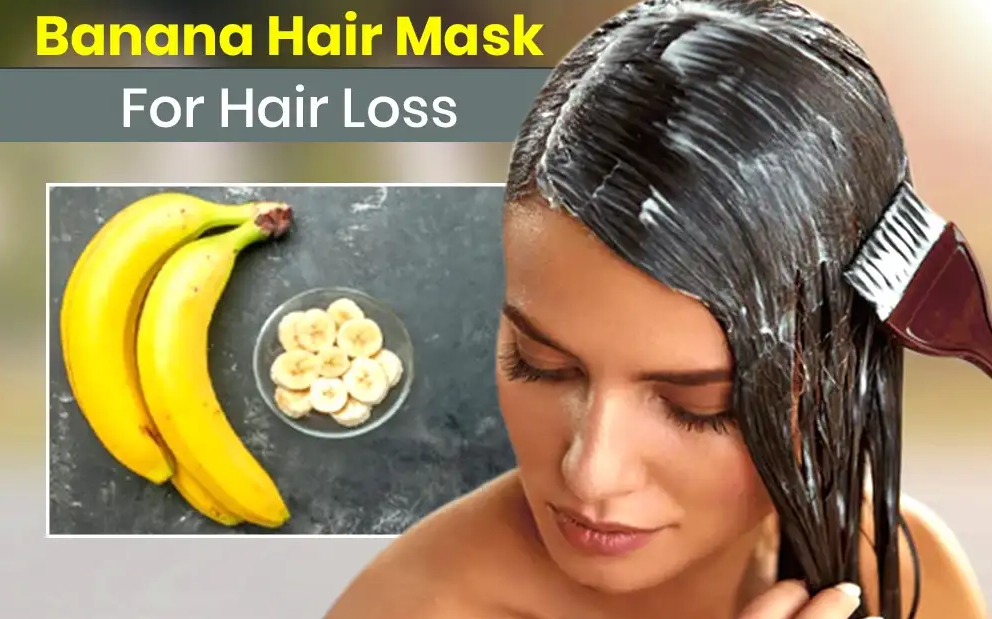
Easy and Effective Scalp Care Steps:
-
Daily Scalp Massage: Spend 5 minutes every day gently massaging your scalp with your fingertips to stimulate blood circulation and relax tension.
-
Choose a Gentle Shampoo: Opt for sulfate-free shampoos that cleanse without stripping your scalp’s natural oils, maintaining moisture balance.
-
Weekly Exfoliation: Use a gentle scalp scrub or a soft brush once a week to remove buildup, dead skin cells, and excess oil that can clog follicles.
-
Apply Natural Oils: Studies, including a 2015 report in Skinmed, suggest that rosemary oil—diluted with a carrier oil like coconut or jojoba—may encourage hair growth when applied sparingly.
How to Get Started:
-
Massage your scalp while watching TV or during your shower routine.
-
Replace your usual shampoo with a sulfate-free version starting this week.
-
Schedule a scalp exfoliation session on a relaxing Sunday to refresh your follicles.
-
If trying rosemary oil, apply it one or two times per week, following the product’s instructions carefully.
Within just one week, your scalp should feel cleaner, less irritated, and more energized—creating a solid foundation for stronger, healthier hair growth. Feel free to share your favorite scalp care tip or routine in the comments!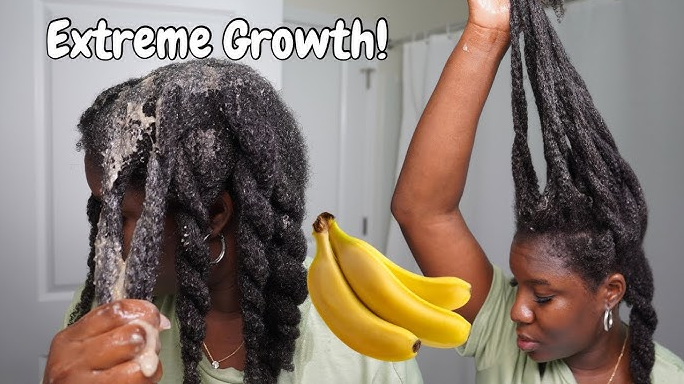
Why This Combination Works So Well
Pairing targeted nutrition with dedicated scalp care is a powerful approach because it tackles hair thinning from two vital angles: internal nourishment and external environment. Nutrient-rich foods supply the raw materials your body needs to build strong, resilient hair strands, while scalp care ensures that hair follicles remain in an optimal state to produce and sustain new growth. Together, these strategies create synergy, supporting your hair’s natural growth cycle, reducing excessive shedding, and encouraging thicker hair over time.
What to Expect from This Routine
-
Week 1: Noticeable reduction in scalp irritation and less hair fall during brushing or washing.
-
Month 1: Hair begins to look shinier, stronger, and more vibrant, supported by a healthier scalp.
-
Long-Term: Consistent care leads to visibly thicker and fuller hair with improved texture.
This combination is not a quick fix but rather a sustainable, science-backed way to maintain hair health without relying on costly or unproven treatments.
Additional Habits to Support Hair Health
Alongside nutrition and scalp care, integrating a few more healthy habits can maximize your results:
-
Manage Stress: Chronic stress is a major trigger for hair loss. Practice 10 minutes of deep breathing, meditation, or yoga daily to calm your mind and protect your hair.
-
Prioritize Sleep: Aim for 7 to 8 hours each night to allow your body time to repair hair follicles and regenerate.
-
Avoid Tight Hairstyles: Styles like tight ponytails or braids can pull on hair roots, causing traction alopecia (hair loss).
-
Limit Heat Styling: Reduce the use of blow dryers, flat irons, and curling tools to no more than once or twice a week to prevent heat damage.
-
Protect from Sun Exposure: Wear hats or use hair products with UV protection on sunny days to avoid damage from ultraviolet rays.
When to See a Professional
While this combined approach can help many people, certain signs indicate it’s time to seek medical advice:
-
Sudden or patchy hair loss.
-
Persistent scalp redness, itching, or pain.
-
Excessive shedding of more than 100 strands daily.
A dermatologist or healthcare provider can diagnose underlying conditions—such as thyroid issues or iron deficiency—and recommend appropriate treatments, which may include medications like minoxidil or specialized therapies.
Begin Your Hair Growth Journey Today
Thinning hair doesn’t have to diminish your confidence or quality of life. By embracing a nutrient-dense diet combined with gentle, regular scalp care, you’re equipping your hair with everything it needs to thrive. Start this odd-but-proven duo today, and within a week, you may be surprised at how much healthier, stronger, and more vibrant your hair feels. For ongoing support, explore more health and wellness tips on our site to keep your hair—and your whole body—looking and feeling great!
This article is for informational purposes only and does not replace professional medical advice. Always consult your healthcare provider before making significant changes to your health or hair care routine.
News in the same category


Drink Cloves and Cinnamon Before Bed? The Results May Surprise You

The Ultimate Drink for Women’s Wellness: Watermelon Juice with Carrot, Beetroot, and Ginger
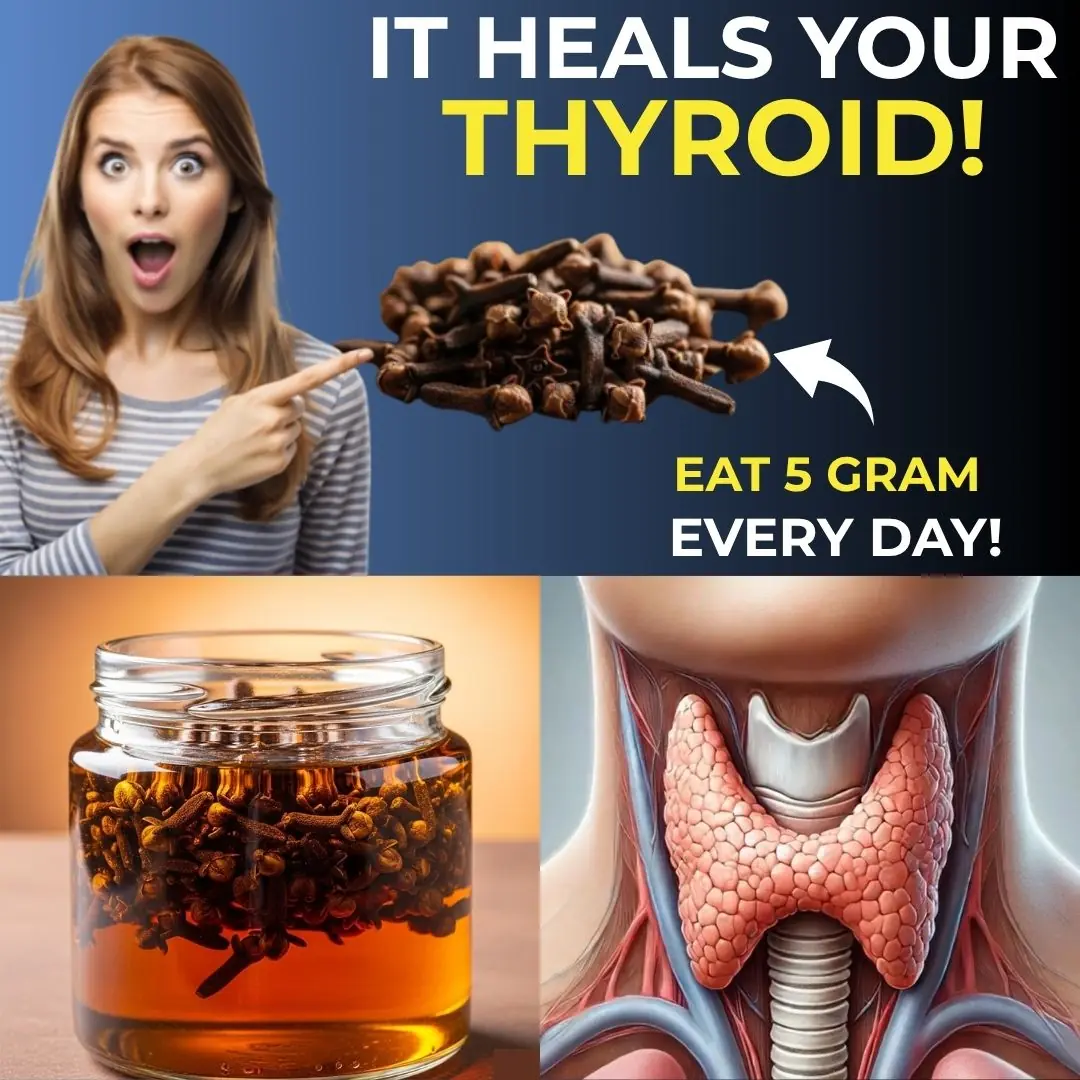
THIS HEALS YOUR THYROID IN JUST 3 DAYS! | Barbara O'Neill’s Clove Soak Formula
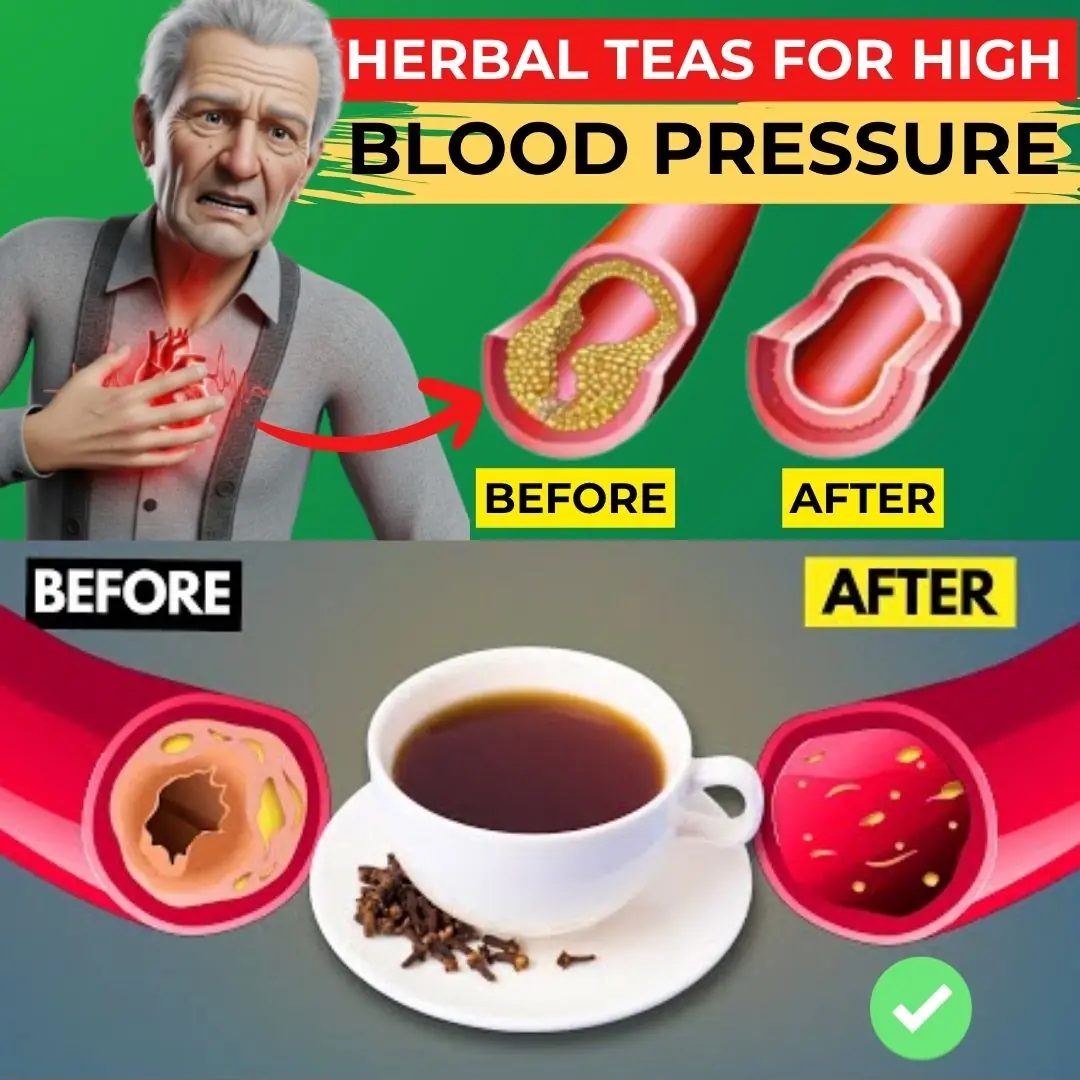
8 Herbal Teas That Lower Blood Pressure and Unclog Arteries (Doctors Never Say This!)

15 Powerful Foods to Relieve Acid Reflux Fast – The Ultimate Anti-Acidity Diet Guide

Health Benefits of Cayenne Pepper: 20 Surprising Wellness Secrets

DIY Brow Boosting Serum: Your 5-Minute Secret to Fuller, Bolder Brows

Olive Oil, Lemon, and Honey: Natural Benefits for Health and Wellness

Morning Drinks to Support Healthy Aging and Wellness
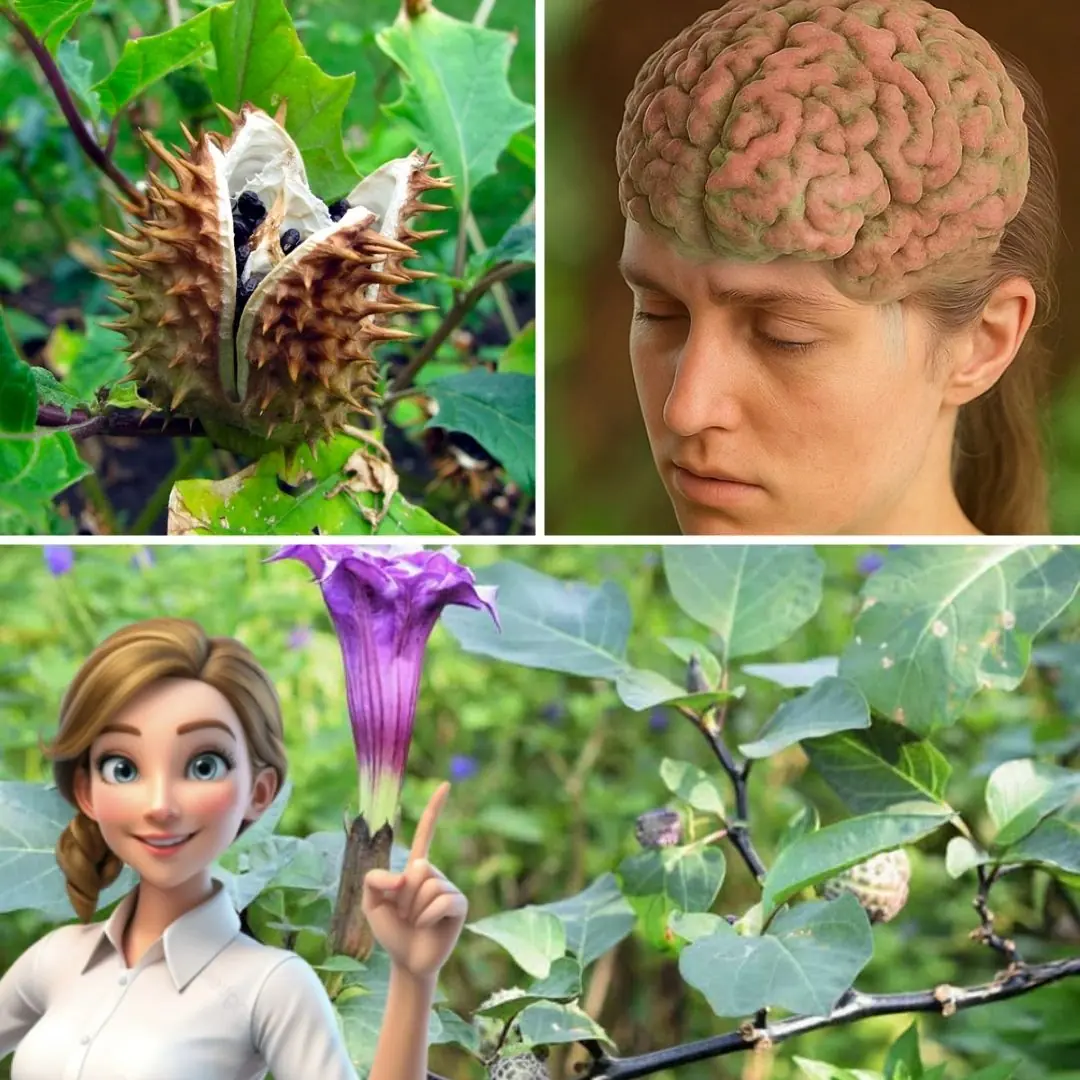
The Hidden Risks of Datura: A Beautiful Plant with Serious Health Dangers

Say Goodbye to Cancer and Vision Problems with This Powerful Homemade Remedy

The Smoothie Every Woman Over 30 Needs: Almond, Banana, and Avocado Smoothie with Honey 🍌🥑🍯
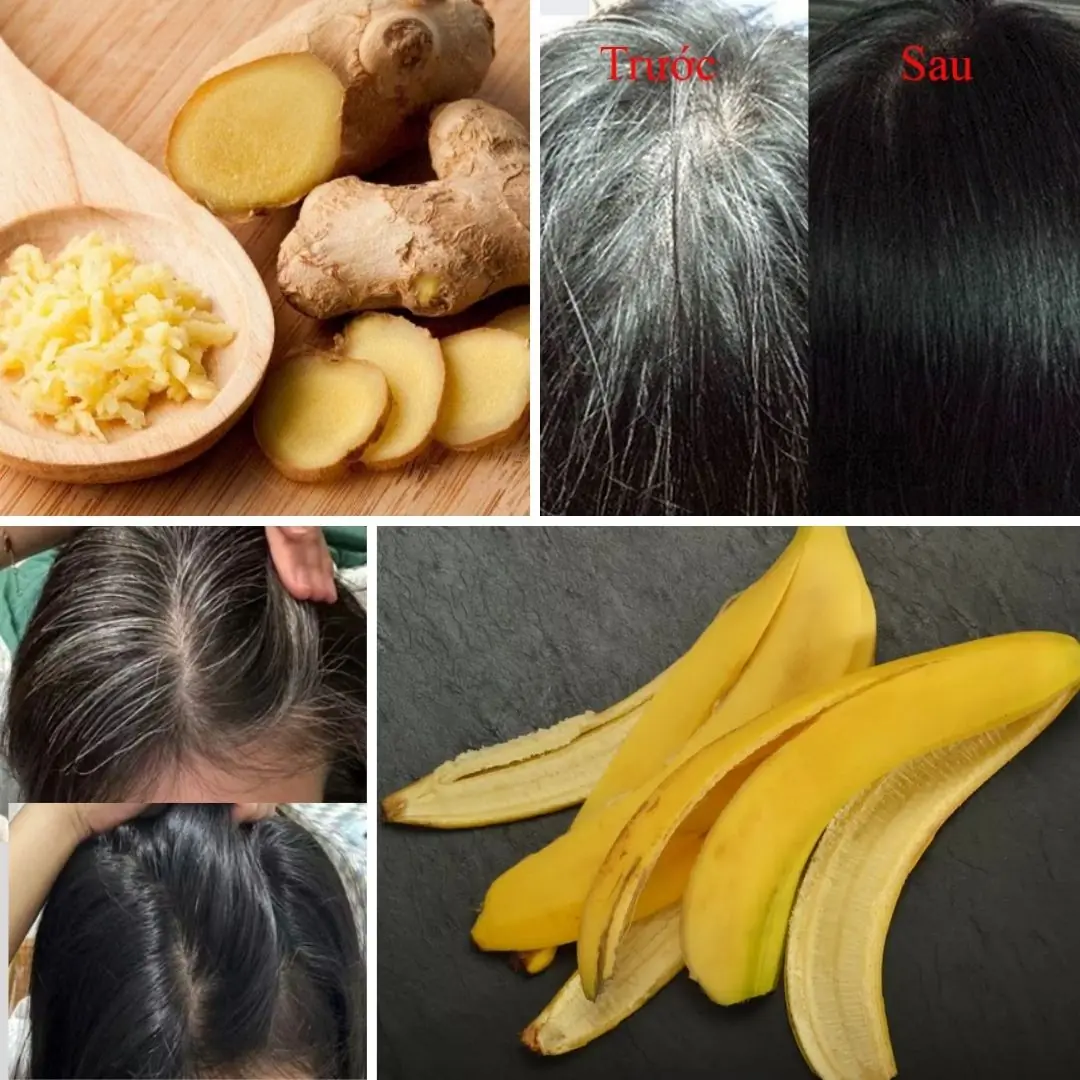
15 Natural Ingredients That Turn Gray Hair Black Again — Even at 65! Promote Fast Hair Growth Naturally

Discover the Health Benefits of Avocado and Parsley: A Nutrient-Packed Duo
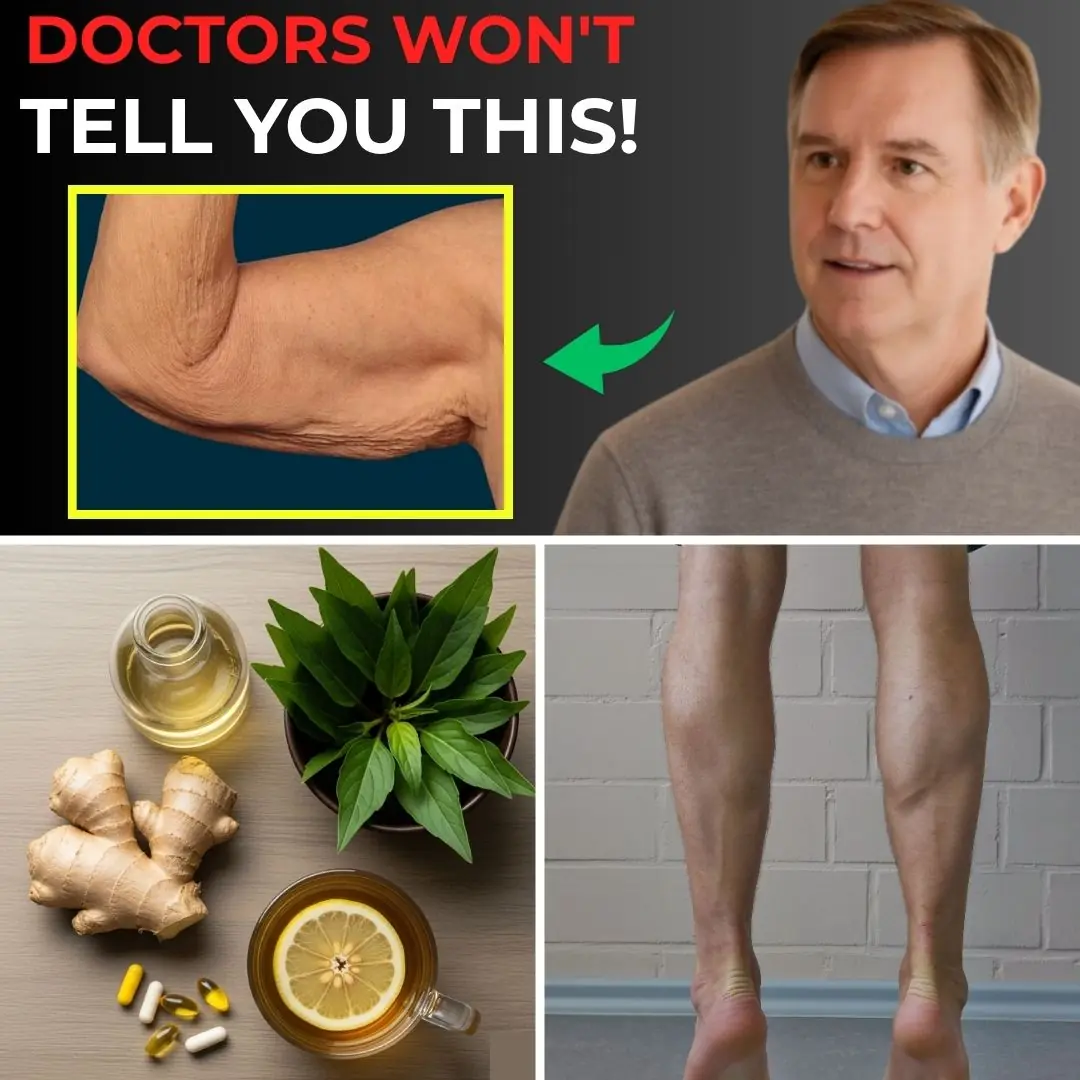
Lost Muscle After 60? These Surprising Tips Help You Get It Back Naturally

Dr. Frank Suárez’s Home Remedy: Supports Relief from Cancer, Diabetes, High Blood Pressure, and Poor Circulation

Stay Strong in the Bedroom – Even at 80 💪 This Apple & Ginger Recipe Might Surprise You
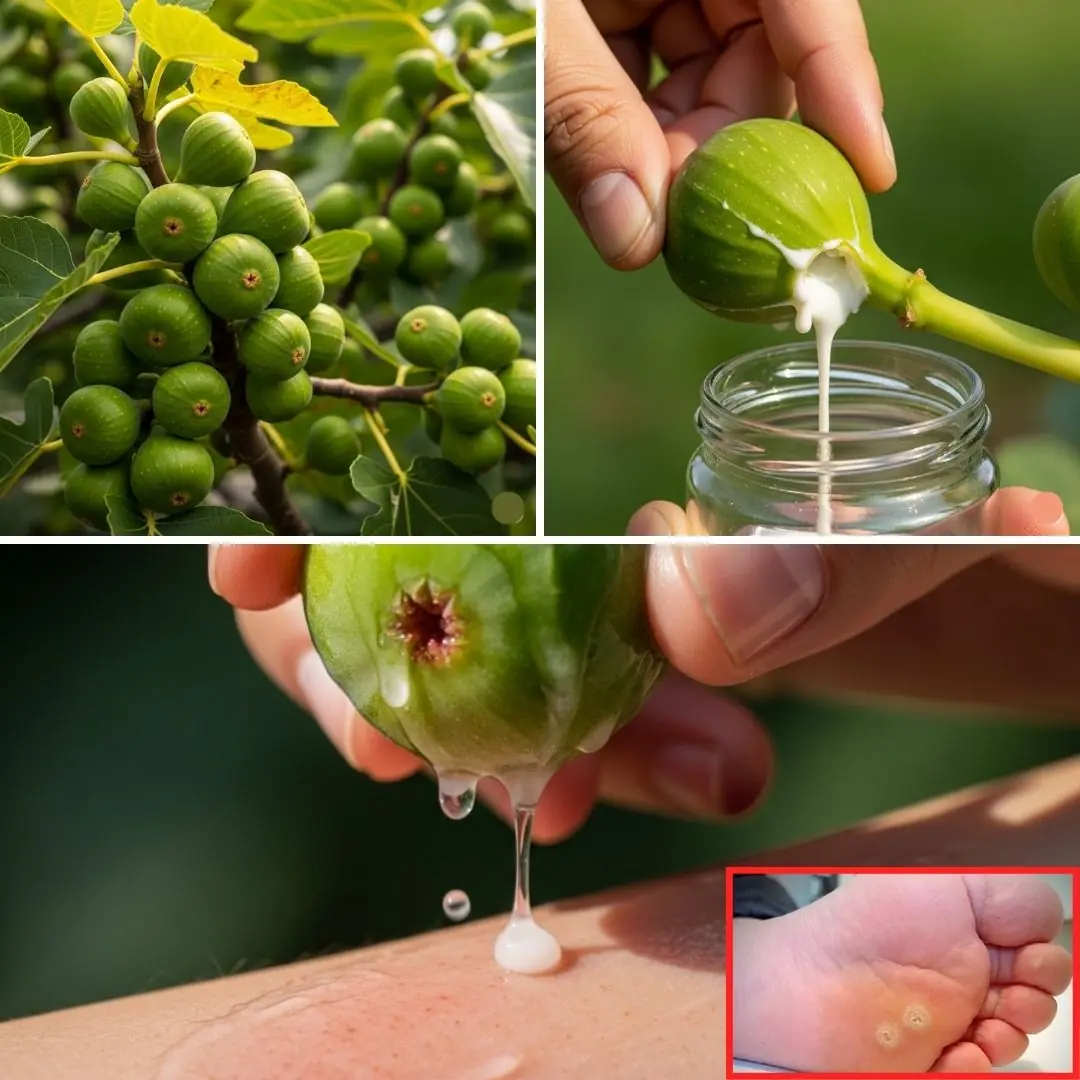
Fig Sap: Nature’s Quiet Remedy for Skin, Digestion & Everyday Wellness
News Post

Increased Screen Exposure In Kids Linked to Anxiety, Aggression, and Self-Esteem Issues, Study Says

Researcher Studies Over 200 Kids—Here’s What the Most Emotionally Intelligent Ones Had in Common

Scientists Bioengineer Tooth That ‘Grows’ in Place Like a Natural One And Feels Real
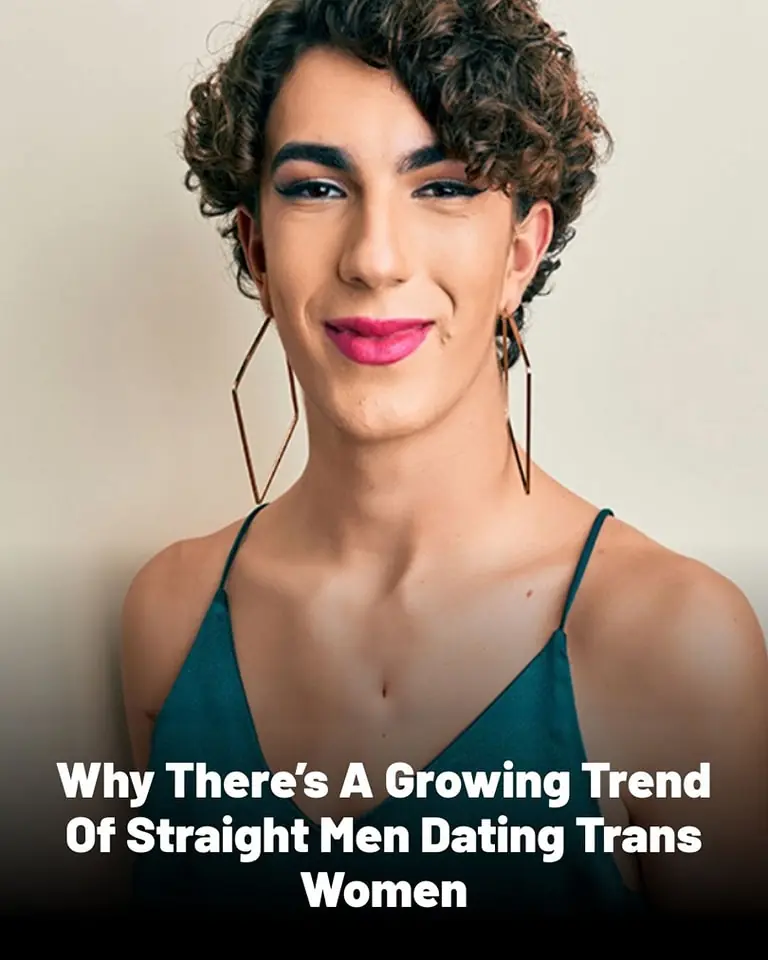
Why There’s a Growing Trend of Straight Men Dating Trans Women

9-year-old dies after dental procedure

Air India pilot’s terrifying last words have been made public

Why You Should Avoid Seat 11A on Your Next Flight – Here’s What You Didn’t Know

Man Releases Chilling Never Seen Before Footage of Twin Tower Collapse

Masterful Painting Of Jesus By 8-Year-Old—Says She Saw The True Face Of Jesus

The Powerful Trio of Lemon, Apple, and Ginger: A Simple Blend That May Support Skin, Hair, and Vision

Drink Cloves and Cinnamon Before Bed? The Results May Surprise You

The Ultimate Drink for Women’s Wellness: Watermelon Juice with Carrot, Beetroot, and Ginger

THIS HEALS YOUR THYROID IN JUST 3 DAYS! | Barbara O'Neill’s Clove Soak Formula

8 Herbal Teas That Lower Blood Pressure and Unclog Arteries (Doctors Never Say This!)

15 Powerful Foods to Relieve Acid Reflux Fast – The Ultimate Anti-Acidity Diet Guide

Health Benefits of Cayenne Pepper: 20 Surprising Wellness Secrets

DIY Brow Boosting Serum: Your 5-Minute Secret to Fuller, Bolder Brows

How to Get Rid of Muscle Soreness: Effective Home Remedies That Really Work
